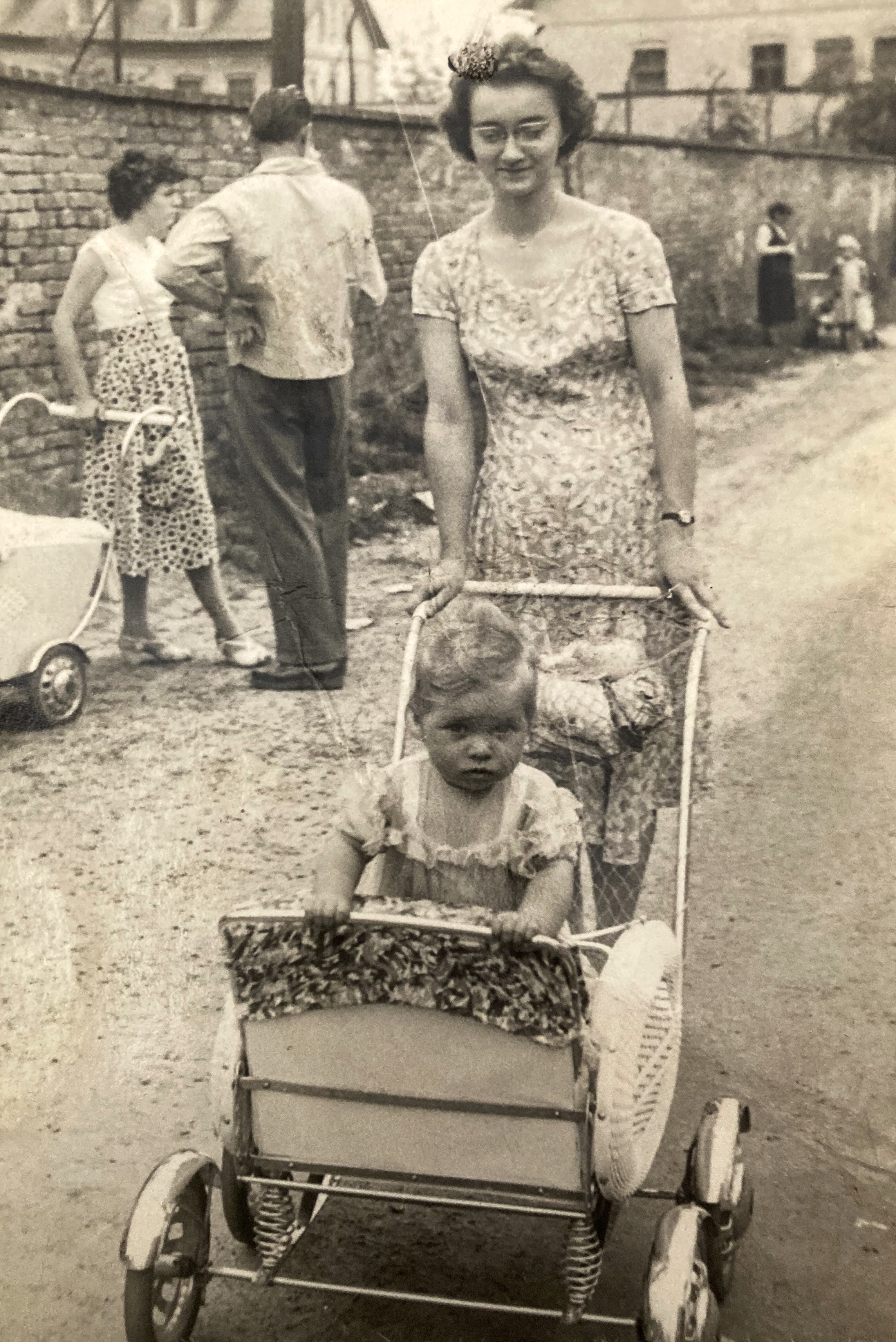I lost every home I had, I lost my past.

Download image
Marie Polívková was born on 17 December 1939 in the mining village of Pokrok near Duchcov in Teplice. Her father worked as a mining foreman, her mother took care of her five siblings. The family migrated between the settlements of Pokrok, Hrdlovka and the village of Břežánky, depending on where the father worked. The witness attended primary school in Jenišův Újezd. In 1957, Marie Polívková graduated from the Secondary Medical School in Teplice and started working as a nurse at the Alexander mine. A year later she married Bohumil Polívka and they lived in the settlement of Pokrok. In 1969, on the anniversary of the occupation by Warsaw Pact troops, she resigned from the Communist Party and read aloud a letter condemning the August invasion at work. On the anniversary of the burning of Jan Palach in 1970, she created a commemoration of his act on the bulletin board outside her office. As a punishment, she was transferred from the factory surgery to the hospital in Duchcov. In 1977 she founded the Athletic Club in Duchcov. In the mid-1980s she moved with her husband and three children from the settlement of Pokrok to Duchcov. In the 1990s she initiated the creation of an educational trail about mining settlements. In 2024 she lived in Duchcov.


















